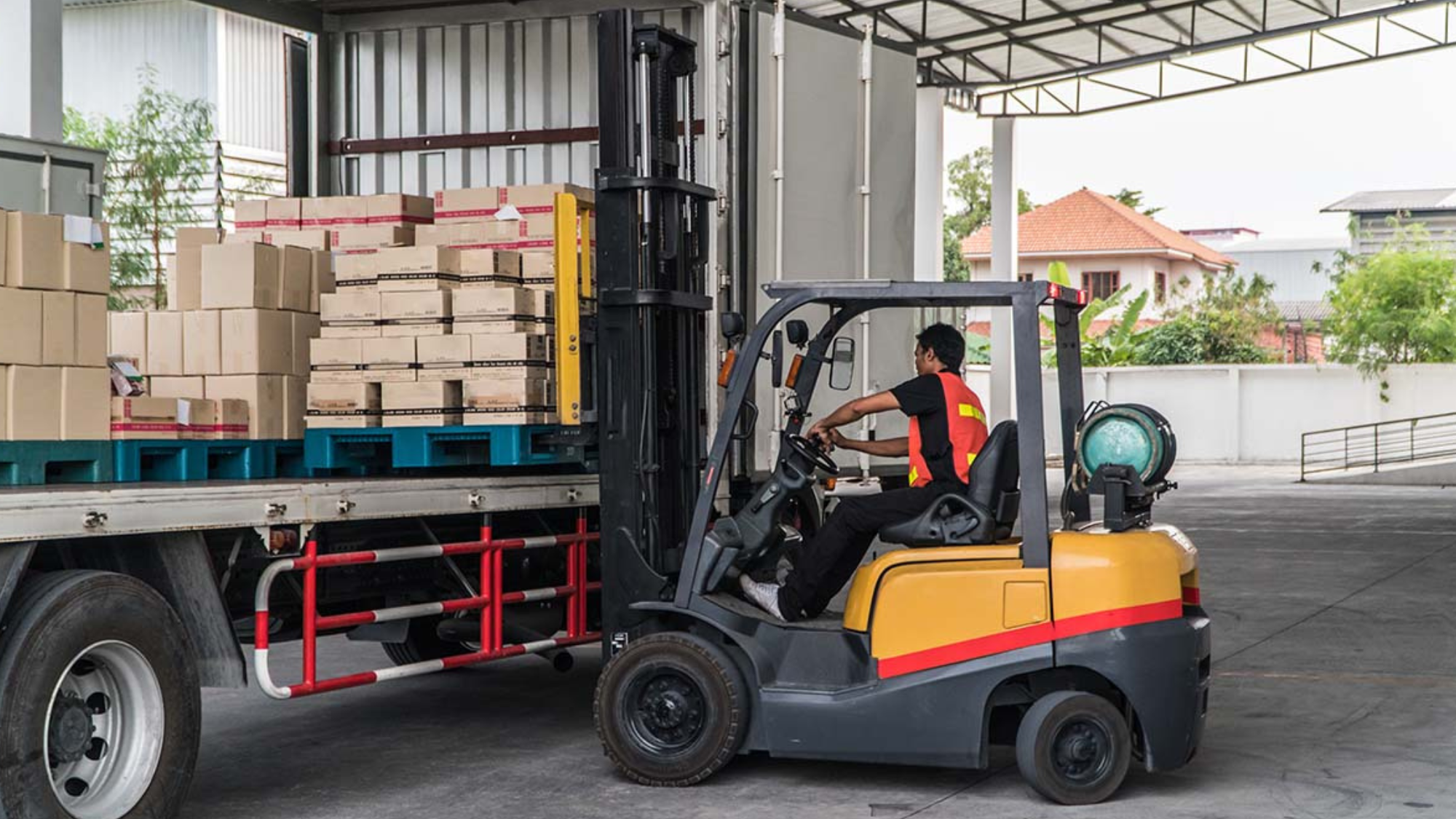The Threat to Propane Powered Forklifts has Real Consequences for Everyone
Did you know the California Air Resources Board is in the process of writing regulations that would require all new forklifts to be zero emission as early as 2026? This means companies that move goods around warehouses, farms that need forklifts to move our food, and contractors building new infrastructure would not be able to use a propane powered forklift. While on the surface it may sound like this regulation could lower California’s carbon footprint, in reality it will bring increased consumer costs, decrease options purchasing options for new equipment thus creating bottlenecks, and may not actually decrease emissions significantly.
Goal of the state: transition to 100 percent zero emission off-road vehicles and equipment by 2035 where feasible.
A Few Points of the Proposed Zero Emission Forklift Regulation to Note:
- Fleet operators would not be allowed to purchase new Large Spark Ignition forklifts (LSI) starting in 2026.
- Fleets would be subject to a model – year- based phase – out of 2025 model year (MY) and older Affected Forklifts starting in 2028.
- Exemption for: Rough terrain forklifts, Military tactical vehicles, pallet jacks, and few others
- Exemption: You may own a propane powered forklift for low use. Low use is limited to 10% of your total fleet. Less than 200 hours of operation per year.
Concerns for Propane Powered Forklift Users Include:
- Cost concerns to purchase new equipment, upgrade infrastructure and increased cost of the energy itself.
- Concerns regarding resiliency during de-energization events.
- Electric mandates stifle innovation: current fuel and engine technologies are advancing every day. A fleet average approach will allow the market to regulate itself at a lower cost to fleet owners.
- Zero-emission equivalency: propane and renewable propane can meet and, in some cases, even exceed the expected emission reductions of electric forklifts. When taking a look at the full fuel life cycle of both energy sources, we can see that while electricity is a zero emission source at the plug it is not without its own emissions.
What Can Propane Powered Forklifts Do?
- They can operate both indoors and outdoors.
- Well maintained propane forklifts meet or exceed indoor air quality standards.
- Propane forklifts are less expensive to purchase and operate than other models. The capital cost of a propane forklift is nearly 30% less than that of an electric model.
- They provide 100% power all day.
Pitfalls of an All-Electric Forklift Fleet
- Downtime for charging – loss of production and revenue.
- Public safety power shut off (PSPS) events are becoming more common.
- The footprint needed for charging infrastructure will take away space in warehouses that can be used to house product.
- Our current electric grid already has difficulty meeting the demand of California.
What Can Propane Powered Forklift Users Do to Combat a Zero-Emission Forklift Regulation?
- Engage with policy and decision makers about the need for propane forklifts in your business operations.
- Submit written comments to CARB during open comment periods.
- Write to your legislators locally and at the state capitol.
- Schedule a time for your legislators to visit your business to see how you use propane forklifts.
- Contact the Governor’s office either over the phone or in writing to let him know electric forklifts can’t meet the needs of your business.
If you aren’t sure what messages to relay to decision makers, here are a few points:
- Duty Cycle: Electric forklift do not work well outdoors – propane forklifts provide more power and torque for applications in agriculture, construction, heavy manufacturing, and others.
- Environmental: The electric grid of tomorrow should be compared to renewable propane of tomorrow NOT conventional propane of today.
- Environmental: Conventional propane is on par with electricity when evaluating the full fuel life cycle emissions and renewable propane has a carbon intensity significantly lower.
- Total Cost of Ownership: New equipment, infrastructure, and batteries; downtime while equipment is charging; and the space to store batteries and charging equipment are all added costs. Propane forklifts are less expensive to purchase, maintain, fuel, and store.
For additional information and to reach out to the California Air Resources Board, visit their zero emission forklift regulation page on their website.
You may be wondering what effect this will have on you as a consumer. You don’t own or operate a forklift but you can guarantee that stores and companies that you purchase from do. This proposed regulation will surely increase costs for those companies and, therefore, those costs will trickle down to their posted purchase prices.
What can you as a consumer do?
You can also engage with your policy makers, local officials, and CARB with your concerns about what this proposed regulation will do to prices of consumer goods and the efficiency of your local grocer, home improvement store, winery, or farm.
Scan the QR code below to learn more about Forklift Regulation Resources from WPGA.

